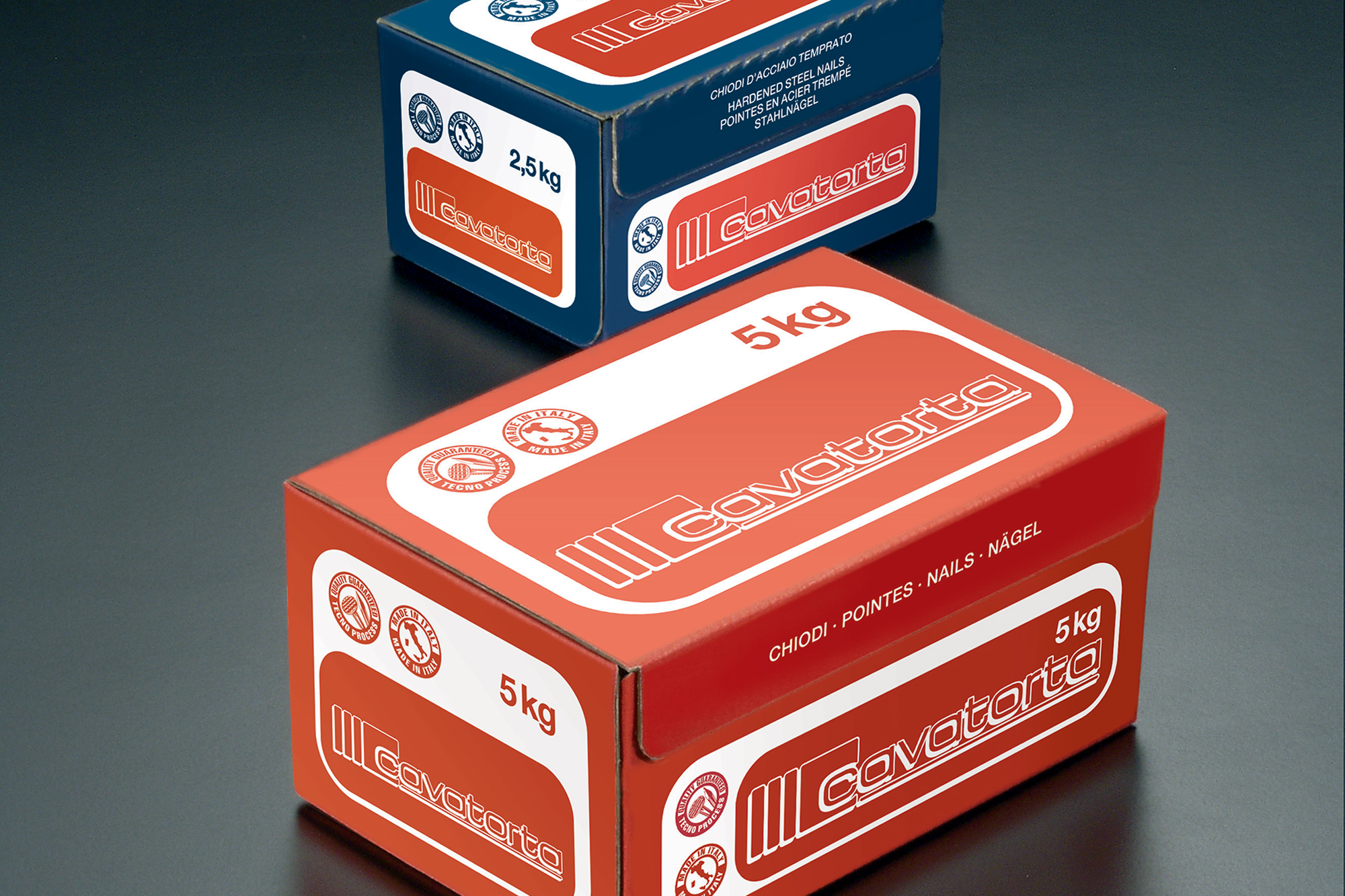Nails are used to join things together for carpentry work in a wide variety of sectors such as construction, agriculture, craft trades and DIY. For a good result it is important to choose them according to the material you are working with and the context of use.
Here we look at the different types of nails and some guidelines for making the best choice based on the type of work to be done.
Types, materials and formats
There are many different types of nails available on the market and the elements to consider when choosing the best product for your needs are the material they are made of (iron, steel, galvanised steel), the head, the shank and the point. Iron nails are the most common and are suitable for wood, textiles and leather. Steel nails are more suitable for building materials (concrete, bricks…). In particular, galvanised steel is the best choice for outdoor work because it offers excellent resistance to atmospheric agents and does not rust.
When choosing the format, the following characteristics must be taken into account:
- Head
May be flat, tapered or recessed and may have a smooth or ridged surface which determines its resistance to extraction; - Shank
May be round, square, grooved or oval and has a variable diameter which determines its durability: the larger it is, the greater the bonding strength; - Point
Can be diamond-shaped, diamond-shaped with an oblique cut, round, chisel or cut, to be chosen according to the material to be fixed.
Choose nails based on the type of application
The choice of nail type and size depends on the material to be used and its weight. Here we see the different types of nails and how to choose them according to their type of application.
- Steel nails
These are very hard-wearing and, depending on the length and diameter of the shank, can be used in construction work for joining concrete, brick and cement structures, or in the home for fixing objects to walls or joining elements made of very hard types of wood. - Carpenter’s nails
These are the most common nails; they have a very sharp point and a wide head for easy extraction. Iron nails are suitable for wood, steel nails for concrete. - Lost-head nails (or finish nails)
These are small nails with the head slightly larger than the shank. This characteristic allows them to be completely embedded in the wood, making them invisible and ideal for precision work such as laying skirting boards. - Fencing staples
U-shaped nails without a head but with two prongs. They are suitable for fixing wires, wire mesh and cables to posts and supports of various kinds. - Timber dogs
Very strong steel nails ideal for making and fixing hardwood products. - Upholstery nails
Nails with a short shank and very wide head, ideal for fastening fabrics and trimmings.
Cavatorta nails
Our catalogue contains an extensive range of nails for professional use and for DIY, which differ from each other in the type of material of which they are made and in the formats available. All Cavatorta nails are distinguished by their shiny and clean surface. In addition, the exclusive Tecno Process technology ensures that the head is perfectly centred and perpendicular to the axis of the shank, and flawless points that guarantee excellent performance in every application.
Here we have summarised the main characteristics of Cavatorta nails.
- Red box nails
Tips nails produced with low carbon steel (0.05-0.06%) in compliance with standards UNI 3614 and UNI-EN 10218-2. For use in the building, DIY, industrial, agricultural and breeding sectors.
UNI 3614 LABELS
Common nail, large head nail, very large head nail, hardened nail, loose head nail, staple - Blue box nails
Hardened nails produced with mid carbon content (average 0.65%) steel. Minimum hardness 55 Hrc. Mainly for use in the construction, industrial and diy sectors.
UNI 3614 LABELS
Hardened nails - Silver box nails
Hardened nails produced with mid carbon content (average 0.65%) electrolytic zinc coated steel. Minimum hardness 55 Hrc. Perfectly circular convex head, concentric and perpendicular in respect to the axis of the post. Mainly for use in the construction, industrial and diy sectors.
UNI 3614 LABELS
Hardened nails - Gray box nails
Hot-dip galvanized zinc coated tips, produced with low carbon steel (0.05-0.06%) in compliance with standards UNI 3614 and UNI-EN 10218-2. For use in the construction, craft, industrial, agricultural and zoological sectors. UNI 3614 LABELS
Common nails, staples - Bricoline nails
Nails produced with low (0.05%-0.06%) and mid (average 0.65%) carbon content. For use in professional and diy sectors.
UNI 3614 LABELS
Common nail, large head nail, very large head nail, hardened nail, loose head nail, staple
For further information and to have a complete picture of the characteristics of Cavatorta nails, please consult our online catalogue.
